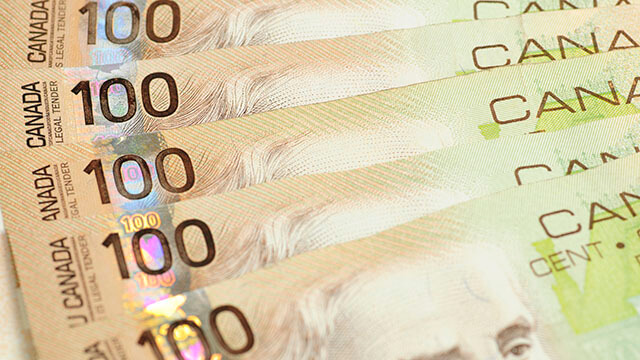
 22/08/24
22/08/24
 911
911
USD/CAD Exchange Rate Struggles Amid Selling Pressure and Oil Price Decline
The USD/CAD exchange rate faces persistent selling pressure, remaining close to a multi-month low around 1.3580 during the early European session. Despite recent favorable conditions such as rising US bond yields, which typically bolster demand for the US dollar, this has not been enough to excite market participants or reverse the current bearish trend. Compounding these challenges is the decline in crude oil prices, often detrimental to the Canadian dollar, which has also failed to provide any uplift.
The Canadian dollar has gained traction partly due to the narrowing interest rate gap between Canada and the US, with investors increasingly anticipating a more aggressive easing cycle from both central banks. The probability of a 50 basis points rate cut by the Federal Reserve during its upcoming meeting has risen significantly, driven by a recent report indicating a weaker US labor market. The report revealed that US employers added nearly 818,000 fewer jobs than initially reported, further supporting expectations for lower interest rates.
Additionally, the minutes from the July Federal Open Market Committee meeting suggest a strong consensus among policymakers for a possible rate cut next month, with some even favoring immediate action. This perspective serves to offset the negative impact of declining crude oil prices, which have been exacerbated by concerns about global demand. Even with tensions in the Middle East, oil prices remain depressed, affecting the commodity-sensitive Canadian dollar.
Technical analysis indicates that the USD/CAD pair has recently closed below the pivotal 200-day Simple Moving Average for the first time since March. The Relative Strength Index is now hovering in the oversold territory, suggesting a potential need for near-term consolidation or a slight rebound. Any upward movement may encounter significant resistance around the 1.3600 level. Conversely, support levels are identified at 1.3535 and the psychological boundary of 1.3500. A move below these levels could trigger further declines toward the 1.3420 region.
 Back to the Blog Main Page
Back to the Blog Main Page














